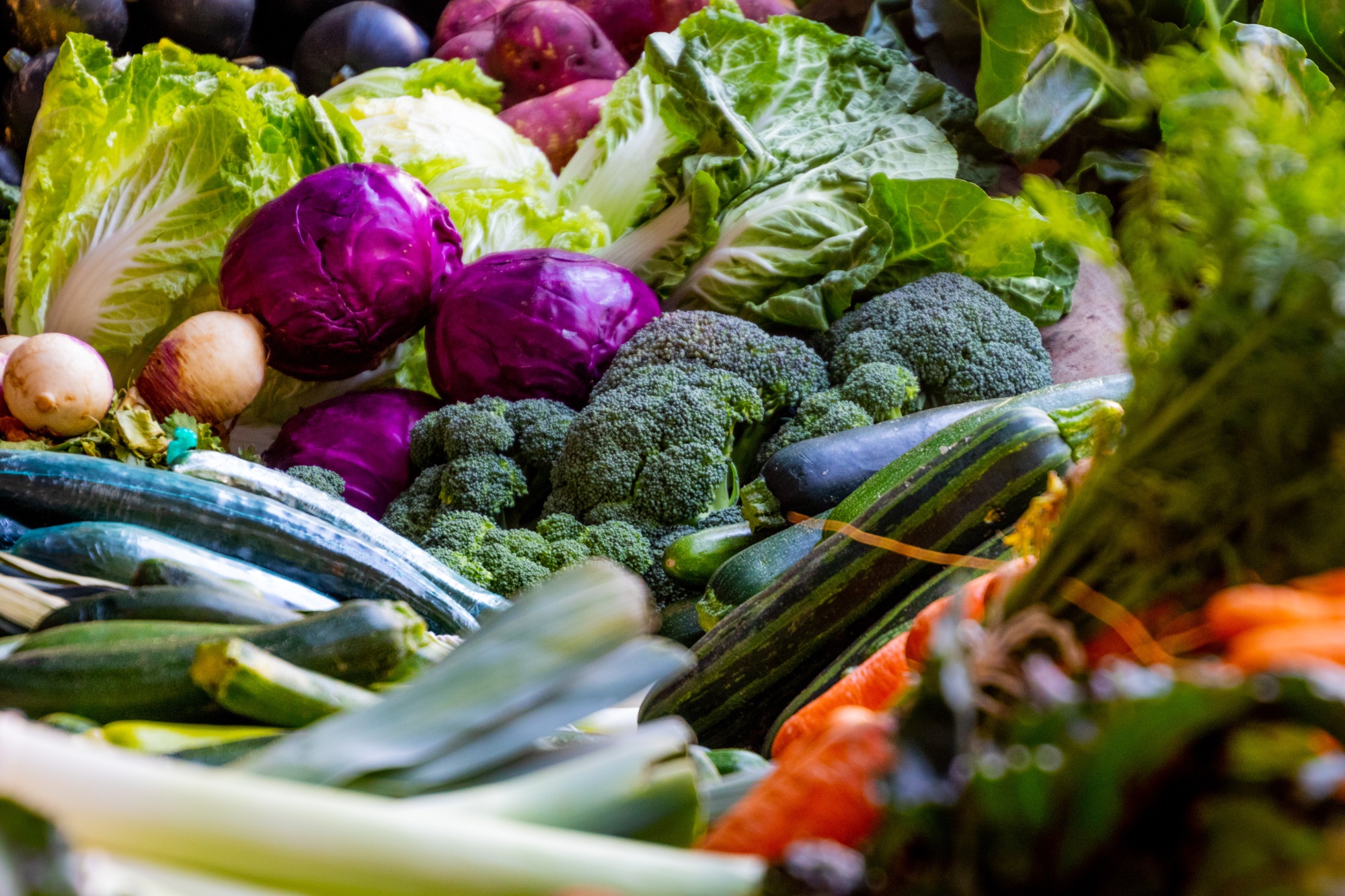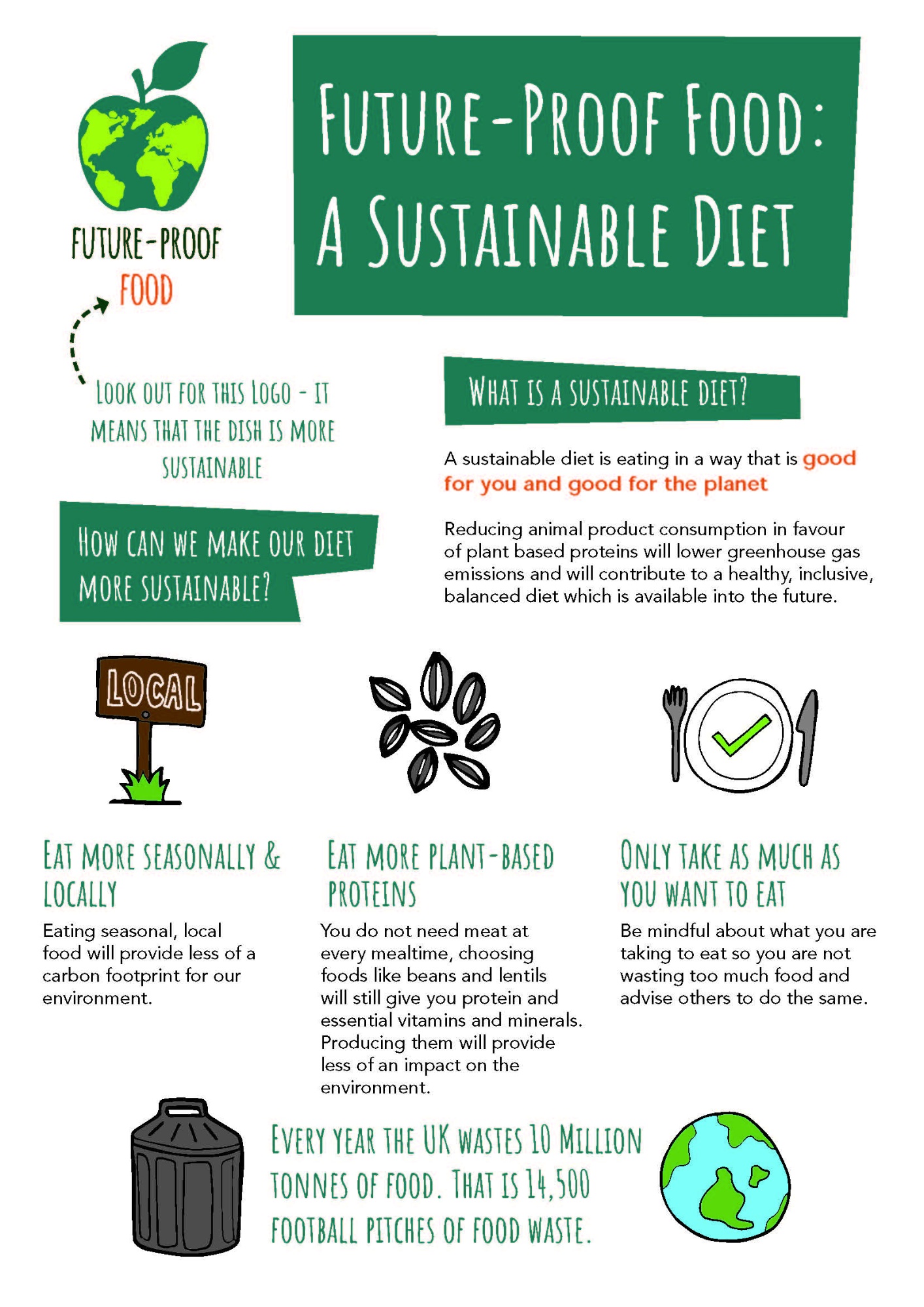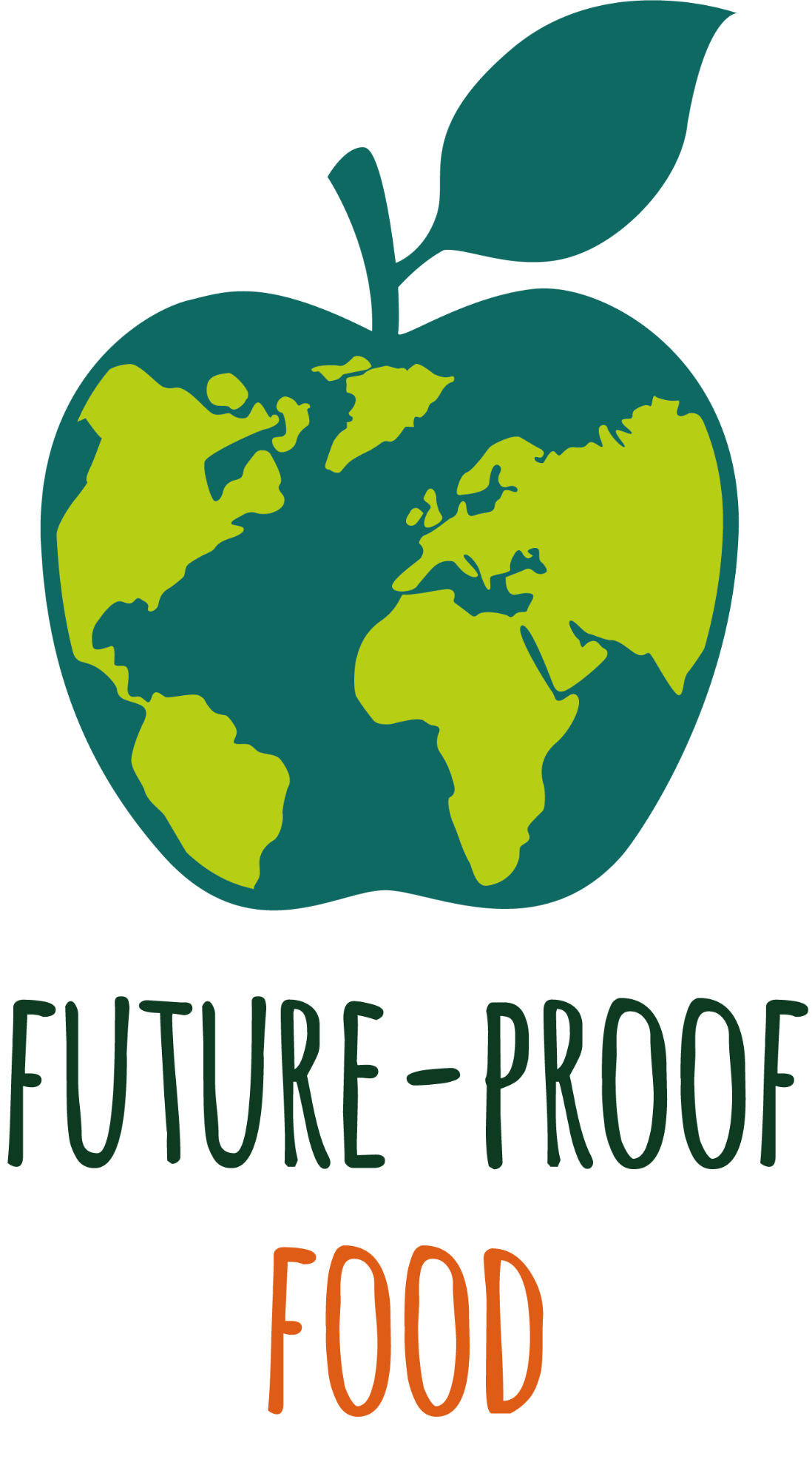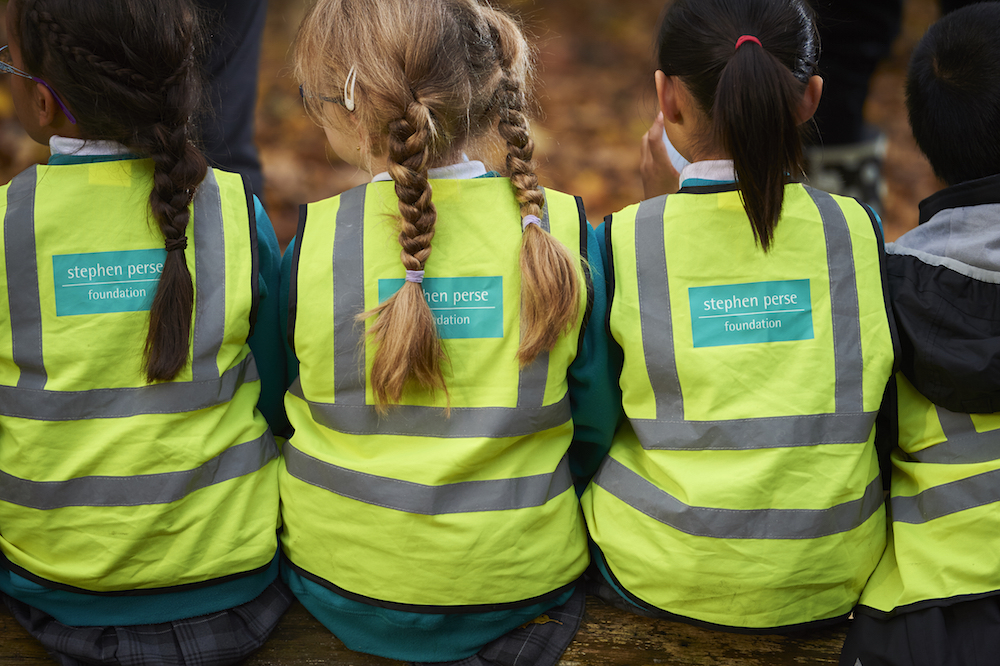 Holroyd Howe care about the impact that they have on the environment. Their focus will always be on great service, fresh food, ethical and environmental purchasing and being socially responsible in all they do.
Holroyd Howe care about the impact that they have on the environment. Their focus will always be on great service, fresh food, ethical and environmental purchasing and being socially responsible in all they do.
Holroyd Howe offer sustainability guidance, tailored solutions as well as education and communication tools to promote sustainability for the Stephen Perse Foundation.
Hannah Irvine is Holroyd Howe’s dedicated Sustainability and Environmental Manager who is responsible for setting their strategy and working alongside Stephen Perse to achieve our goals and aspirations.
How Holroyd Howe are reducing food waste
At Stephen Perse, Holroyd Howe collects and records all food waste every day. They monitor food production, spoilage and plate waste via their simple process and input these weekly figures into an online system. At the end of every month they share these findings to highlight where we are accumulating the highest food waste.
With these findings Holroyd Howe undertake the following actions:
- Assess the menu balance, modify unpopular foods to avoid waste and identify areas for improvements.
- Identify opportunities to train their catering teams on more efficient food production techniques.
- Communicate with pupils and teachers on the levels of food waste and put action plans in place with school Eco Groups.
- Educate pupils on how they can reduce plate waste together. Food waste can then be collected by their preferred supplier and converted into fertiliser, biogas and energy.
WRAP - Food Waste Reduction Roadmap
Holroyd Howe is part of WRAP’s Food Waste Reduction Roadmap. Holroyd Howe have publicly committed to reducing their total food waste and sharing their total food waste figures across plate, production, and spoilage with WRAP. By sharing food waste figures Holroyd Howe is implementing the ‘Target, Measure, Act’ principle to help understand food waste within their industry, to inform wider action and to tackle food waste.
Future Proof Food
Future Proof Food is a different way of  using ingredients innovatively and experimenting with cooking to enhance the offer as well as increase the nutritional benefit. The idea is simple, Holroyd Howe reduces the use of animal products in recipes and on the menu, the key focus being on reducing not removing. The initiative is about balance and is adopted in many ways, from increasing plant-based proteins, reducing the frequency of processed meat on the menu, reducing food waste and eating more local and seasonal produce.
using ingredients innovatively and experimenting with cooking to enhance the offer as well as increase the nutritional benefit. The idea is simple, Holroyd Howe reduces the use of animal products in recipes and on the menu, the key focus being on reducing not removing. The initiative is about balance and is adopted in many ways, from increasing plant-based proteins, reducing the frequency of processed meat on the menu, reducing food waste and eating more local and seasonal produce.
Consuming less animal-based products is the biggest way to reduce our personal environmental footprint. It has positive impacts on both the planet and us:
• less carbon emitted into the atmosphere
• reduced land use
• reduced water use in particular fresh-water and water pollution
• lower biodiversity loss
• lower soil degradation
• consumption of less saturated fat, sugar and salt, in turn increasing consumption of vegetables and fibre.
Holroyd Howe works alongside their chefs to make small and subtle changes to the menus that have a positive impact on the environment, enhancing the offer as well as increasing the nutritional benefit. Holroyd Howe’s Future Proof Food programme combines menu and recipe changes with educational sessions for our students to help educate them on eating more sustainably and healthily. These sessions will include talks on the importance of living sustainably.

This logo will appear on our menus to help our students make a more sustainable choice.
Olleco Oil Waste Collection
Oil waste disposal, as set out in legislation, must follow standards and be processed correctly after collection. As part of Holroyd Howe’s continued effort to ensure that they comply with the legislation on oil waste, they are looking to bring all oil waste collections under Olleco to improve transparency, traceability and sustainability of disposal. Olleco is a national company and a market leader for organic waste collection and conversion to renewable energy by reworking the oil into a biofuel used in UK forecourts. In 2019, Olleco collected 63,000kg of used cooking oil from their schools. Conversion into low carbon biodiesel saved 146,000kg of carbon emissions. That’s the same as removing 1,472 family cars from the roads.
